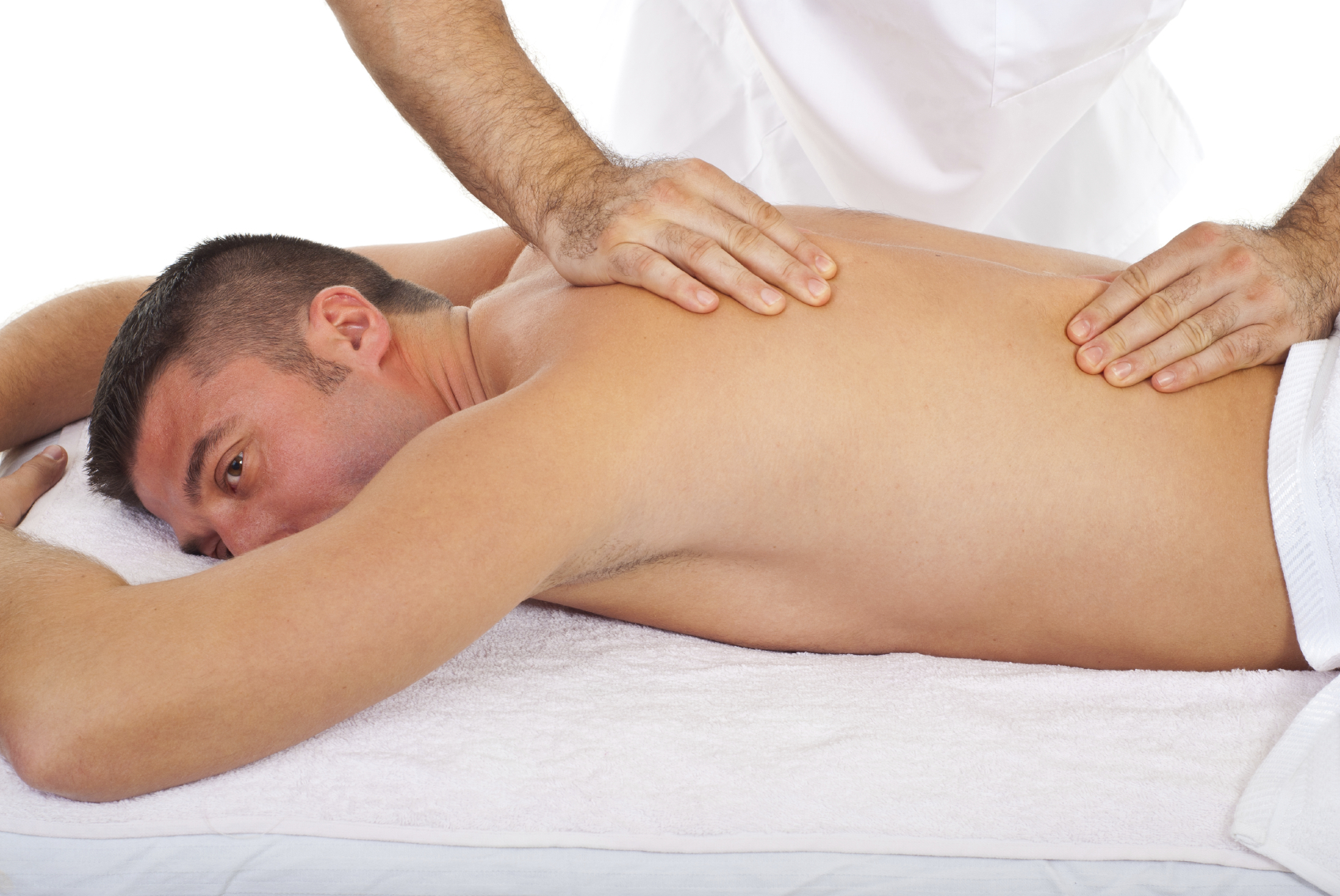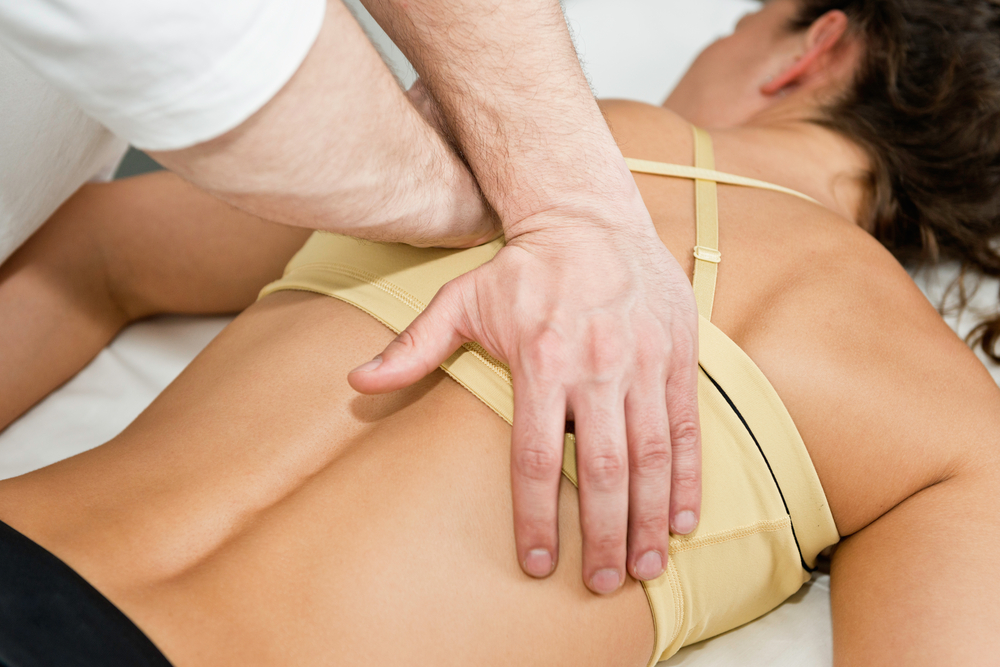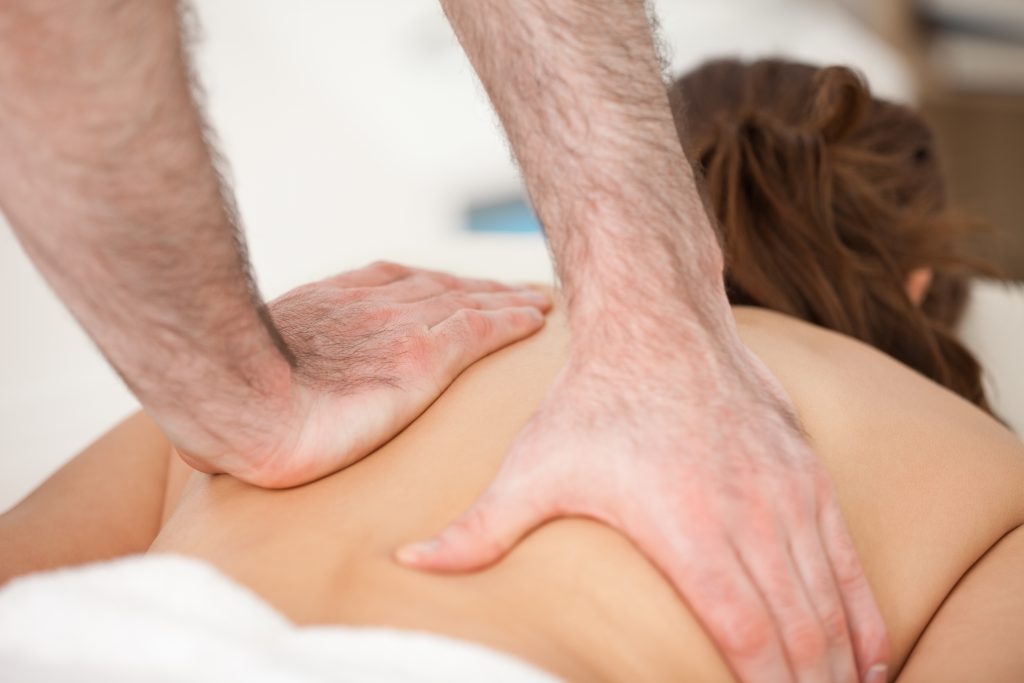You’ve probably heard that getting a sports massage has a lot of great benefits, and if you’ve ever had one you’ve probably felt these benefits for yourself. On the other hand, getting a sports massage isn’t always the most relaxing thing.
Depending on how much pain you can handle and how stiff your muscles are, you may feel discomfort or pain during and after the surgery.
Why could sports massage sometimes be hurt?
Since sports massage is a deep tissue massage, a lot of pressure is put on the muscles to treat them. This pressure could be uncomfortable. If your muscles are tight, your sports massage therapist’s hands (or elbows!) won’t be able to stretch or move them as easily. This will make the massage more painful. Regular massages, stretching, and foam rolling will help you loosen up your muscles and feel better. If you loosen up a bit before getting a massage, it will be easier on your sore muscles.
After getting a sports massage, your muscles may still hurt for a day or two. The muscles that were rubbed during the massage could feel sore the next day, just like they do after a strenuous workout. Even though you might feel bruised and the area might be a little sore, there shouldn’t be any visible marks. Your muscles are worked in ways that they are not accustomed to being worked when you get a decent sports massage. This is like working out. Your muscles may hurt the next day because of the increased blood flow and the removal of toxins.

So, does sports massage have to hurt for it to work?
Therapists talk to clients about “good pain” and “bad pain.” Good pain during therapy is just a little bit of soreness. Bad pain, on the other hand, makes you tense up every muscle to try to block it out. Because everyone’s pain threshold is different.
The pressure is too much if you clench your teeth and tighten your muscles to get through the treatment. Your sports massage isn’t as good as it should be because your stiff muscles make it hard for the therapist to work. The muscle being worked on will feel both moderately painful pain that can be dealt with and very painful pain. The muscles may stay relaxed at this pressure level, and the therapist can break up any knots and scar tissue most effectively.
Pain can be good or bad:
It is normal to feel sore during and after a massage, which is usually a sign that the massage was helpful. On the other hand, a sports massage should never be so painful that you must tense up to stay still. If your muscles are already tight, the massage won’t do much for them. If the pain is too much for you, ask your massage therapist to put less pressure on you. The amount of pressure that is required will vary from person to person.
Can it erase scar tissue?
People often say that a massage is deep because the therapy tries to remove scar tissue under the skin. This claim is wrong in many important ways. It would help if you first learned how to tell the difference between a tight band of muscle and scar tissue and what you feel. The next step is to think that scar tissue is bad and should be removed. Because we can’t make “like for like” tissue and would still be “damaged” without this scar, when we hurt a part of our bodies, our bodies replace the damaged tissue with a scar.

This shows that scar tissue is common and helps us, so why would you want to get rid of it? Scars, like keloid scars, can be hard to deal with, but this isn’t something that’s usually pushed. There is not enough evidence for even skin scar massage. The last is whether or not scar tissue could ever be broken down by hand. So, the idea that a very hard sports massage can be used to break up scar tissue is wrong. This makes the very painful, rock-hard massage obsolete.
The current idea about why these mechanical therapies work is that it has more to do with the brain than with the body. In essence, you are affecting the nervous system, which makes the pain go away and the muscles relax. This makes it simpler to move around and perform the work. It’s easy to think that the improvement is because the fascia was stretched or the scar was removed, but new research shows that these effects are mostly caused by how our nervous system reacts to sports massage or other mechanical treatments.
Conclusion:
Even though a Sports Massage shouldn’t hurt, you may feel sore the next day, which is completely normal. You now know that a sports massage can help even if you are not in pain. If you’re interested in learning more about Sports Massage Hackney please contact us.
